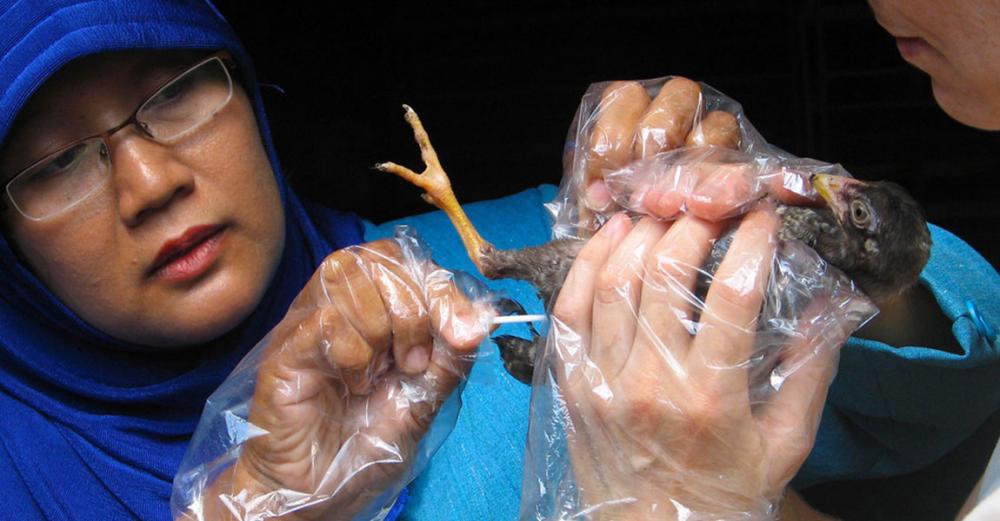Just Earth News | @justearthnews | 07 Jul 2020, 06:15 am Print

New York: As the battle against COVID-19 rages, the world can expect to see other diseases that pass from animals to humans emerge, according to a new UN report launched on Monday, which maintains that there is still time to head off potential zoonotic pandemics.
Preventing the Next Pandemic: Zoonotic diseases and how to break the chain of transmission identifies seven trends driving the increasing emergence of zoonotic diseases, including a growing demand for animal protein, unsustainable farming practices and the global climate crisis.
It also sets out 10 practical steps that nations can take right now, including expanded research into zoonotic diseases, improved monitoring and regulation of food systems, and incentivizing sustainable land management practices.
In particular, the report recommends that governments adopt a “One Health” approach that brings together public health, veterinary and environmental expertise to prevent and respond to zoonotic disease outbreaks.
Preventing the Next Pandemic is a joint effort by the UN Environment Programme (UNEP) and the International Livestock Research Institute (ILRI), both based in Nairobi.
Zoonoses Day
The report was published on World Zoonoses Day, which commemorates the work of French biologist Louis Pasteur who, on 6 July 1885, successfully administered the first vaccine against the zoonotic disease rabies on a nine-year-old boy who had been badly mauled by a dog.
“The science is clear that if we keep exploiting wildlife and destroying our ecosystems, then we can expect to see a steady stream of these diseases jumping from animals to humans in the years ahead,” said UNEP Executive Director Inger Andersen.
“Pandemics are devastating to our lives and our economies, and as we have seen over the past months, it is the poorest and the most vulnerable who suffer the most,” she added. “To prevent future outbreaks, we must become much more deliberate about protecting our natural environment.”
COVID-19, latest in line
As the report explains, COVID-19 is only the latest in a growing number of disease, which – including Ebola, MERS and West Nile fever – whose spread from animal hosts into human populations has been intensified by anthropogenic pressures, or human impact on the environment.
Excluding the spiraling cost of the coronavirus pandemic that has so far claimed more than 500,000 lives – every year some two million individuals, mostly in low- and middle-income countries, die from neglected zoonotic diseases.
Tackling outbreaks
While zoonotic diseases are on the rise worldwide, Africa has the potential to leverage its experience to tackle future outbreaks through approaches that incorporate human, animal and environmental health, according to the report .
“The situation on the continent today is ripe for intensifying existing zoonotic diseases and facilitating the emergence and spread of new ones,” said ILRI Director-General Jimmy Smith. “But with their experiences with Ebola and other emerging diseases, African countries are demonstrating proactive ways to manage disease outbreaks”.
UN chief weighs in
Welcoming the report, UN Secretary-General António Guterres called on Monday for a new ambitious framework to protect and sustainably use biodiversity to be adopted.
“To prevent future outbreaks, countries need to conserve wild habitats, promote sustainable agriculture, strengthen food safety standards, monitor and regulate food markets, invest in technology to identify risks, and curb the illegal trade in wildlife,” he said.
- New hybrid Mpox strain surfaces in UK and India — WHO sounds global alert
- Deadly weight: Obesity now responsible for 1 in 10 infection deaths worldwide
- Coffee and tea: This everyday drink may help protect your brain from dementia
- Happy Chocolate Day! The sweet secret behind chocolate’s hidden benefits
- Cambridge study finds menopause affects memory, mood, and sleep





-1763561110.jpg)
